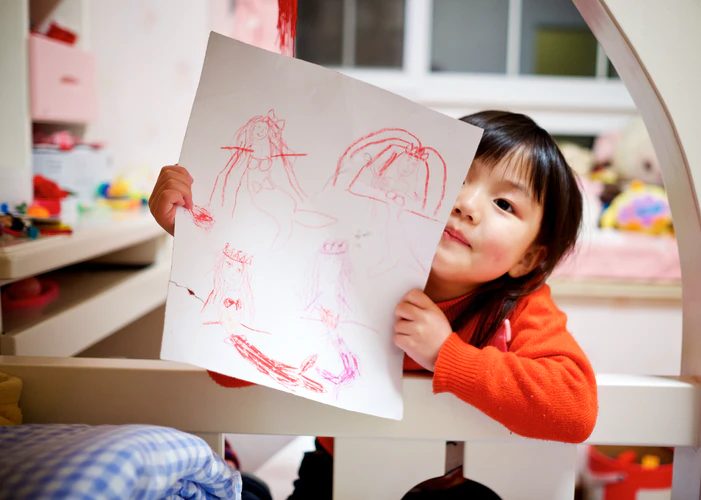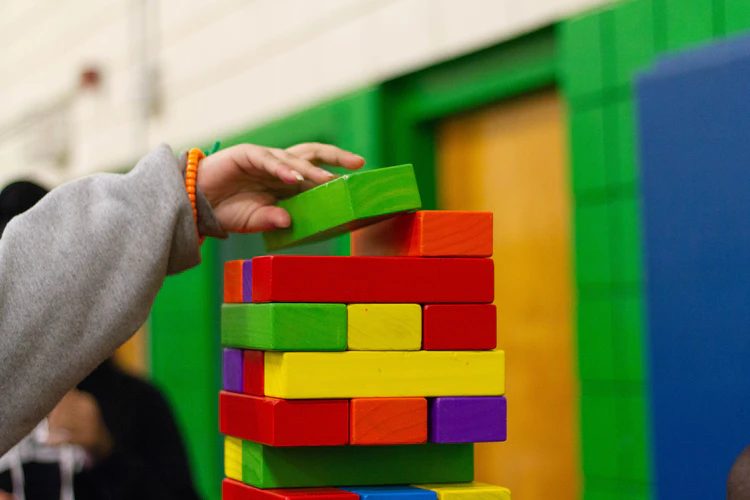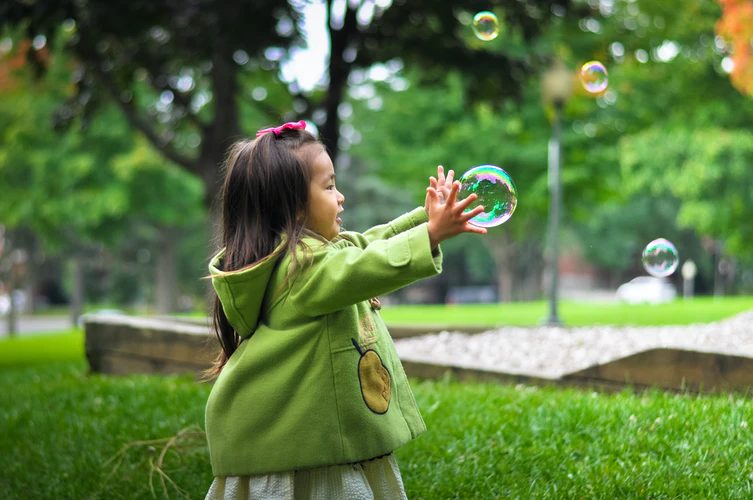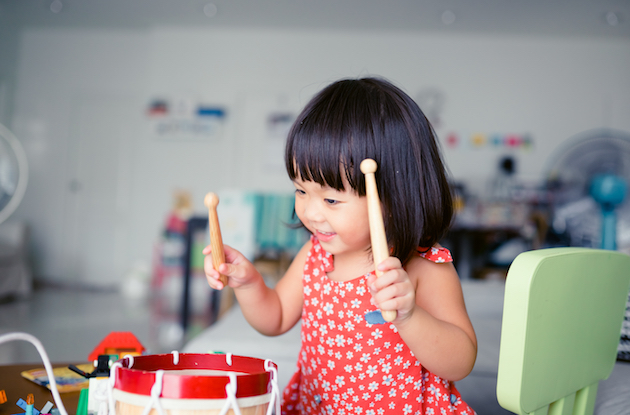
Play is essential because it encourages overall and early development in preschoolers. Some people would ask why play is important for children?
Physical activities allow children to develop their imagination while using their creativity. It also promotes emotional, social, talent, mental, and physical growth. Recent studies show playing that involves an adult’s supervision promotes a child’s conflict resolution, imagination, and problem-solving skills.
How Preschoolers See the World

Children can’t tell the difference between fantasies and reality. However, this only lasts until the age of 11.
In what ways are children’s perspectives of the world different?
- Fantasies – There’s so much that children don’t understand about the world. As a result, they come up with fantasies or magical explanations of how they perceive things.
- Thinking abstractly – Studies have revealed that children can’t think abstractly. They only think about what’s happening in the present.
- Understanding right from wrong – Children understand morals differently. They don’t know the difference between right and wrong. For instance, if you asked children between breaking one set of glasses on purpose and breaking two sets of glasses by accident. Most children would say the person who broke the two glasses had committed a worse mistake.
Play Ideas for Preschoolers

Most preschoolers are independent. However, they don’t understand the world and where they belong in it. For this reason, the major part of their playing is unstructured and self-driven.
At a certain age, preschoolers develop a sense of independence and prefer doing everything on their own. During meal times, they will want to eat using their utensils, and at playtime, they decide which toys they want to play with.
As such, preschool is the best time to introduce solo games such as LEGOS, tower building, and puzzles. You can also organize trips to the park and playground to run around, ride bicycles or play with other children.
How to Encourage Imaginative Play for Early Development

Limit Screen time
Experts recommend restricting screen time (tablets, smartphones, computers, DVDs, and TVs) to 1 hour each day for children of 2 to 5 years.
Be it a junior laptop or handheld entertainment system, limit toys that use batteries. When the toy directs the play instead of the child, it impedes their creativity. When a child watches an educational program or a movie, they don’t use their imagination.
Instead, they experience another person’s make-believe world.
Some television programs are not appropriate for preschoolers. Advertisements also impact young kids significantly because they cannot differentiate between existing programs and commercials.
This also applies to digital ads in apps and online games. Parents can limit screen time through:
1) Screen-free days where everyone participates in a family activity like visiting a park.
2) Switch off electronics during meal times. You can use this time to ask a child about their day.
Take Turns Role Playing

Preschoolers like pretend play, such as dress-up to try out different roles, create scary or confusing scenarios, and explore feelings.
Parents should participate in pretend play because:
- It helps a child to build relationships with the parent. Play also adds resilience, vitality, and joy to relationships. Through relationships, children feel safe and learn to trust others.
- Children’s minds are like sponges; hence, they absorb everything. When you play with your child, they develop self-control and social skills. Parent-child play also promotes emotion regulation and cognitive flexibility.
- When parents play with children, it provides a sense of security because they know they’re loved. It’s a vital step because it improves their overall well-being, including self-confidence.
Pretend play is important because it develops learning, thinking, and problem-solving abilities. Children are presented with scenarios to think about when they participate in pretend play.
Pretend play also enhances creativity and imagination because children can think for themselves.
Schedule Time for Independent Play

Set time aside every day so that children can play by themselves. Independent play enhances focus and thinking capabilities in children.
It also teaches children how to be imaginative, self-reliant, and creative. Introducing your child to independent play will help them adapt to it daily.
Use toys that spur imagination
Playing with LEGOS or wooden blocks and watch them build towers. This helps them learn about balance and reasoning.
Alternatively, you can also provide material for painting and drawing using crayons or mold with clay. This helps your child to develop emotional and social skills, which helps them to express themselves.
Read stories to your child

When reading stories to kids, ask questions: “If you were the fish, what would you eat?” or “What do you think will happen next in this story?”
Such questions foster an interest in the books, promote language skills, and encourages imagination.
Benefits of Play for Early Development in Preschoolers

1) Play enhances both non-verbal and verbal communication in preschoolers. Children also learn how to respond to the feelings of other kids and express their feelings.
2) Children who participate in frequent and healthy play have better cognitive abilities, which is required for learning. They also process information faster and have a better memory.
3) Outdoor play encourages children to be less restless and improves their physical health. Moreover, playing outdoor with other kids enhances their leadership and teamwork skills.
Effects of Play Deprivation

Children who don’t get the opportunity to play may suffer from behavior and attention problems. Play deprivation makes a child live in a cocoon. As a result, children can’t build their skills and stretch their imagination to help them excel in life and their workplace in the future.
Play-deprived children don’t engage socially; instead, they prefer repetitive and unconscious activities. Lack of play will additionally hinder a child’s emotional and social development.
The End of Magic Years

The brain area behind the forehead (the prefrontal cortex) starts making connections by processing high-level thinking, an important milestone for early development in preschoolers.
The prefrontal cortex plays a significant role in executive functions such as:
- Coordination of goal-directed behaviors
- Memory
- Reasoning
- Attention maintenance
- Organizing sensory inputs
At this point, preschoolers have gained self-confidence, and they can differentiate between possible and impossible.
As years go by, they grow, and their creativity and imagination translate into creative writing, music, art, which helps them think critically.
Conclusion

Play is essential in a child’s development; therefore, parents should dance and sing with their children to ensure playing is more constructive. Moreover, interactive and engaging physical activities between a parent and child promote early development.
Have fun whenever you play different games with your kids!
